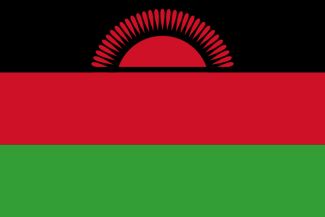Malawi is a founding member of the Southern African Development Community (SADC) and joined the regional bloc at its formation as the Southern African Development Coordination Conference (SADCC) in Lusaka, Zambia, in April 1980. Malawi is a landlocked country located in southern central Africa along the western part of the Great Rift Valley of Africa. Malawi is bordered by the United Republic of Tanzania to the north and north east, Mozambique to the east, south and south west, and Zambia to the west.
The country’s main ethnic groups are the Chewa, Tumbuka, Yao and Ngoni. English is the official and business language in Malawi, with Chichewa being the national language, which is widely spoken throughout the country, along with Chitumbuka, the dominant language in the northern region. The country gained independence in 1964, and became a Republic within the British Commonwealth. In 1994, Malawi became a multiparty democracy, with the president being the Head of State.
Please refer to the latest SADC Statistics Yearbook

